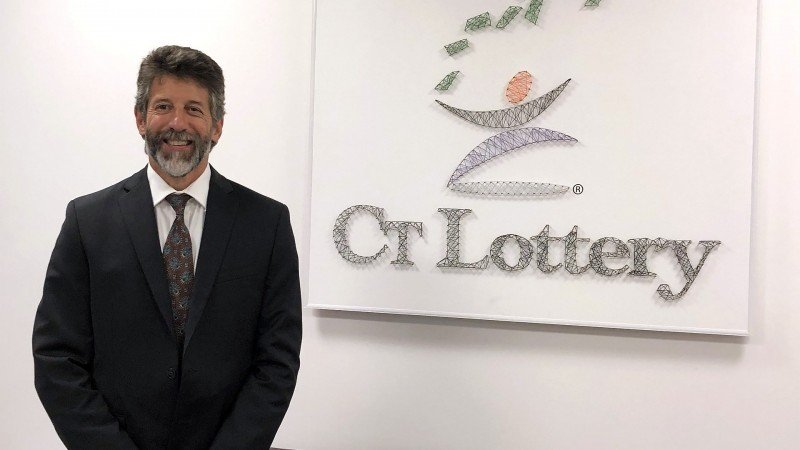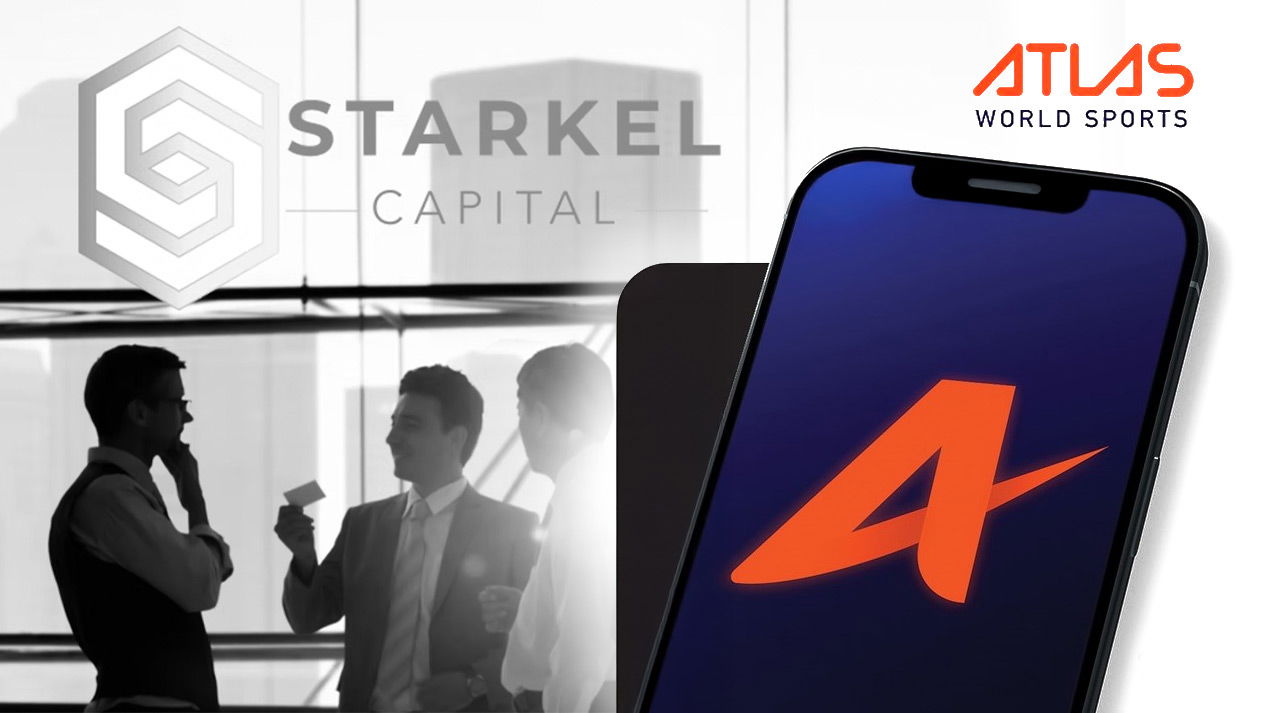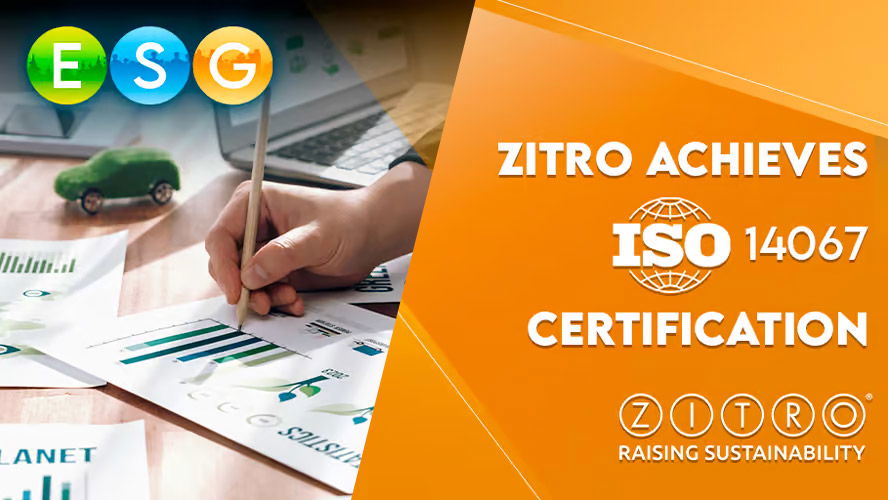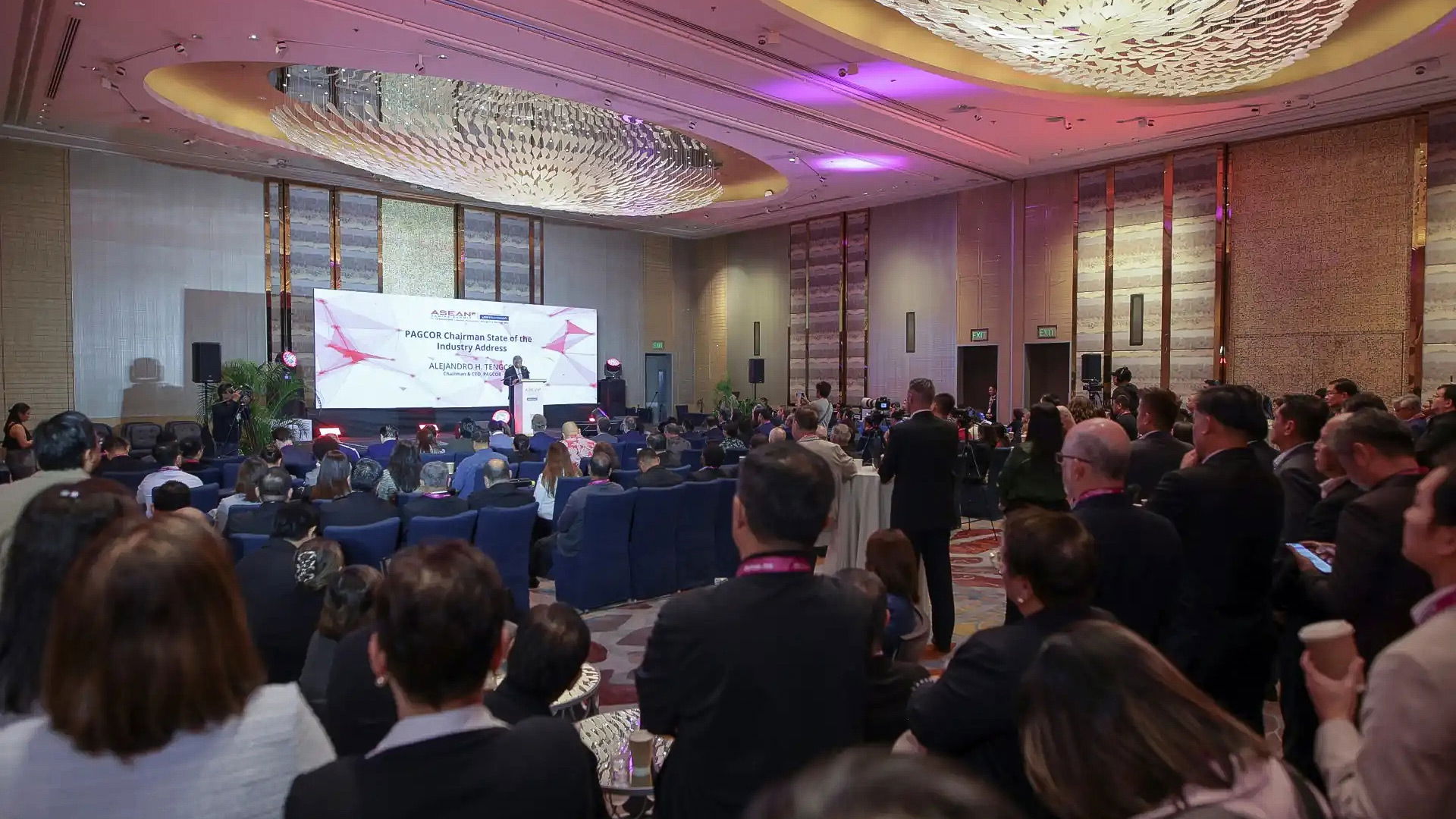Connecticut Lottery wants sports betting license

During the 2019 legislative session, many sports wagering bills are being discussed by the Connecticut General Assembly.
As lawmakers are considering multiple operators for any potential launch of sports betting, the Connecticut Lottery has pledged to give all profits it generates to the state.
Members of the legislature’s Public Safety and Security committee heard testimony regarding a bill that would authorize wagering on sports, WNPR reports. Connecticut Lottery President Greg Smith spoke to Connecticut Public Radio after he testified.
“The lottery has been saying that we will return four-to-five times more per dollar wagered than any other operator,” said Connecticut Lottery president Greg Smith. “This bill contemplates an approximately 10 percent tax on their gross gaming revenue -- after prizes have been paid out.”
Smith said that the lottery wouldn’t pay the tax, but do something instead that could be more lucrative for the state.
“Once we all pay our operating expenses, the lottery will give all of the money back to the state,” Smith said.
Smith said that the Lottery would work with a third party to make sports betting available to everyone in the state by offering it online and in retail shops.
“From a dollars-and-cents standpoint, the lottery would be the most profitable business model for the state of Connecticut, but the reality is that we have various stakeholders that also need to remain competitive who have invested here in the state of Connecticut,” said State Rep. Joe Verrengia (D-West Hartford), the house chair of the Public Safety and Security committee.
The tribes which run the state's two casinos, the Mashantucket Pequots and Mohegans, as well as off-track-betting facilities are also among those being considered by the state to operate sports betting.
Those tribes could potentially stand in the way of anybody else that wants in on sports betting. They’ve said that the existing gaming compacts they each have with the state give them exclusive rights.
Verrengia said the tribes and the governor’s office are having ongoing dialogue that could resolve a dispute surrounding the exclusivity claim.
















































